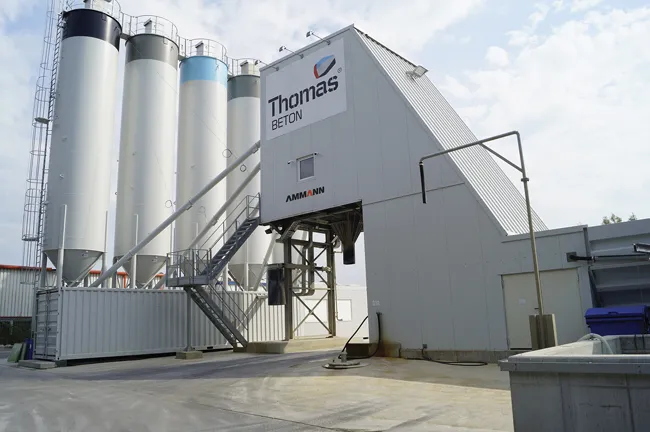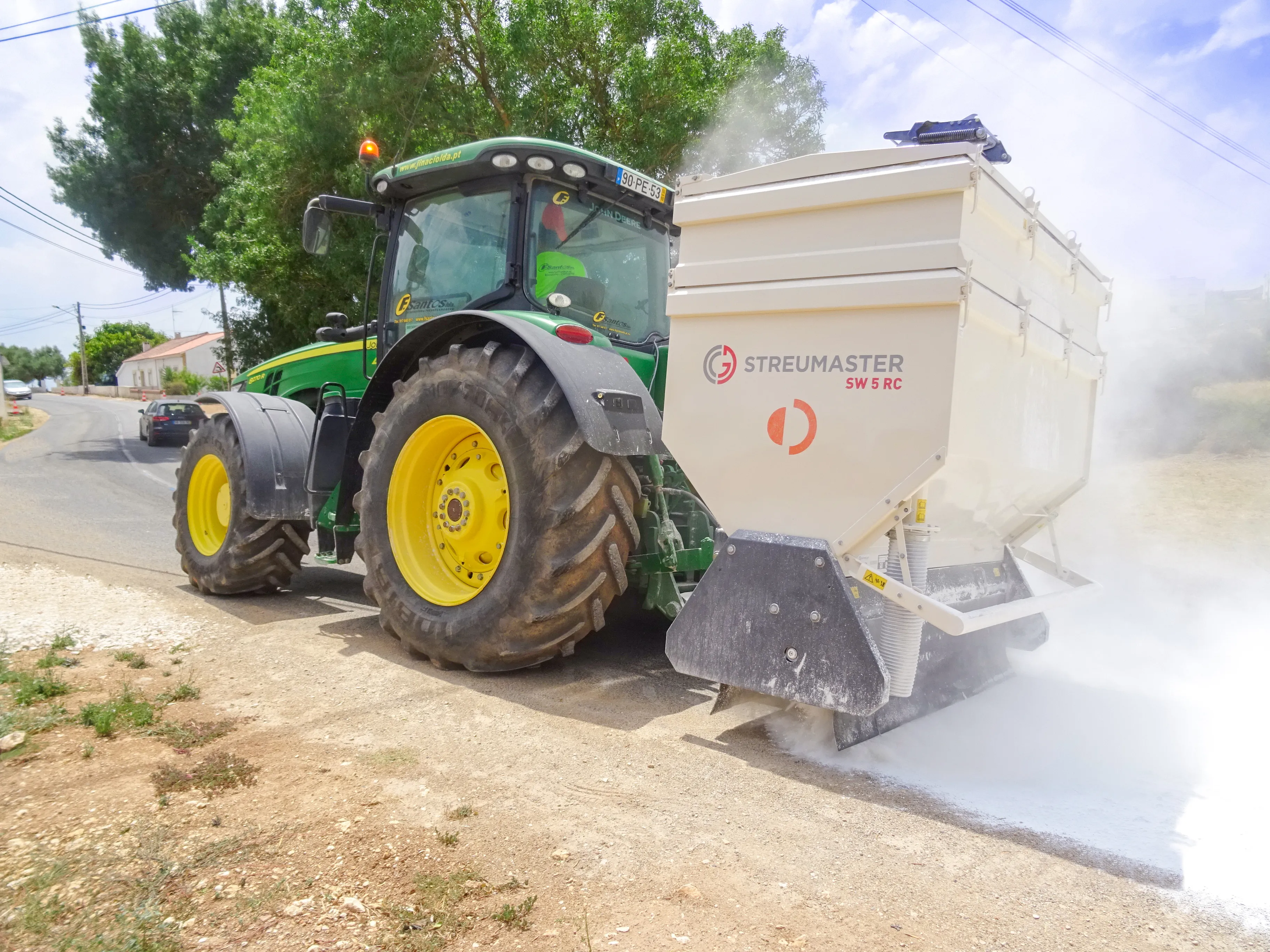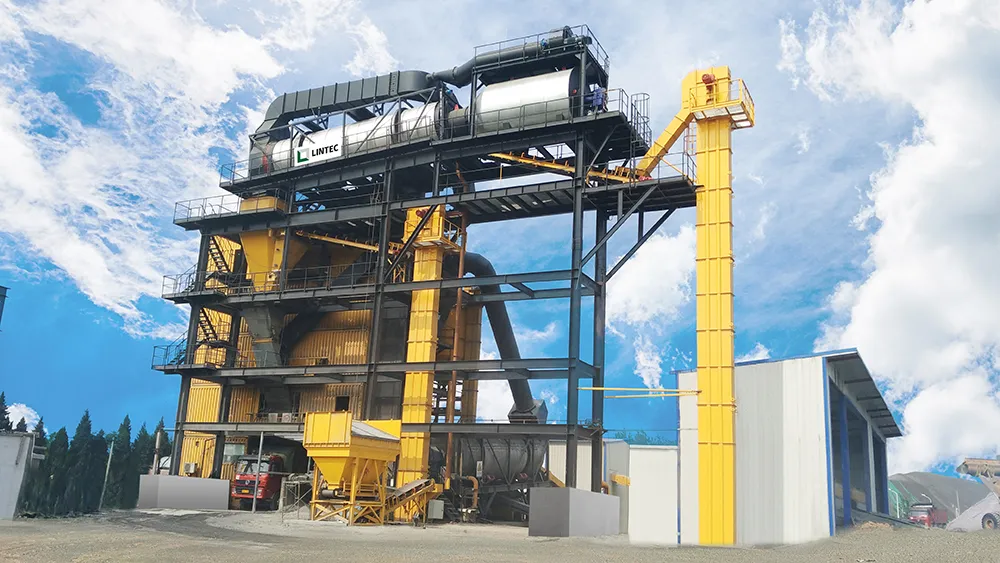
The basic quality criterion of an asphalt mix is its adhesiveness; the adhesion capacity among materials.
This adhesive capacity of the asphalt mix can be measured in the laboratory through qualitative or quantitative tests. The result of this analysis should be used as a reference for the improvement of the mix. In the laboratory this can be achieved using additives while at the plant it can be achieved using differing mixer technology and mixing time adjustment.
In the development of an asphalt mix project, locally available aggregates are normally used for logistical and cost reasons. However, the binder used depends mainly on the application (the type of asphalt mix produced, temperature of application area and traffic volume). This choice may be limited depending on local availability and cost. As a result, materials adhesiveness is a consequence of these limited choices.
Qualitative adhesiveness tests, by displacement of the binder film, are commonly used due to their simplicity. But they only determine if there is binder displacement of the aggregates surfaces. However, more modern designs already consider quantitative tests, such as the Induced Moisture Damage, or Lottman test. This indirectly measures the adhesion capacity between the aggregates and the asphalt binder from 1-100%.
In order to improve adhesiveness between aggregates and the asphalt binder, granular or liquid additives can be used in the design phase. Hydrated lime, of calcitic origin, can improve attraction with the asphalt binder (which is slightly acidic). Usually 2% of lime is added, in relation to the total weight of the mix. Adhesion improver liquid additives are surfactant compounds that lower the superficial tension of the asphalt binder. Such additives are added to the binder directly into the tank, dosing from 0.1-0.3% in relation to the binder weight. The decision on the best additive to be used depends on the particular reaction of each mix to each additive, as well as the particle size and the cost.
Once the project is defined, the characteristics of the plant mixer and the mixing time are parameters affecting the adhesiveness of the mix to be applied onto the pavement. External Pug Mill mixers, used in continuous and batch plants, transfer higher shear rates to the mix, tending to aid in the coating of the binder on the aggregates surfaces. It is also possible to make a dry mix (between coarse and fine aggregates, lime and other additives) prior to the injection of asphalt binder. This pre-homogenisation of the dry granular materials enables an equal thickness of the binder film on the aggregates surfaces. It also allows a reversal of the superficial polarity of acidic aggregates when mixed with lime and makes additives such as cellulose fibers homogeneous to prevent segregation of the additive in the pavement.
Another relevant parameter in adhesiveness is the mixing time. In gravimetric plants, the mixing time is freely assisted by the operator, according to the need of the application, but it has a direct impact on the plant flow rate. The most modern continuous plants with Pug Mill mixer are also able to adjust the mixing time and, as in batch plants, it can affect the plant flow rate. The mixing time is controlled automatically by plant automation, with no need for mechanical intervention in the mixer. According to Marcelo Zubaran, Application Engineer and Product Specialist at Ciber Equipamentos Rodoviários, "In continuous plants, the mixing time is an indirect measure of the amount of material inside the mixer and depends on the plant’s flow rate. Therefore, by keeping the amount of material constant in the mixer at a given time, the lower the production, the longer the mixing time."
The correct measurement of the adhesiveness of an asphalt mix, mainly by quantitative tests, guides the insertion of additives, allowing for a mixing project of higher quality to be implemented. In use, the asphalt plant technology can affect the homogensation of the mix produced. The most modern continuous plants offer versatility regarding the mixing time, something that would only be possible before in batch plants. As a result, the new generation continuous plants can deliver the same mixing capabilities of modern batch plants according to Ciber.








